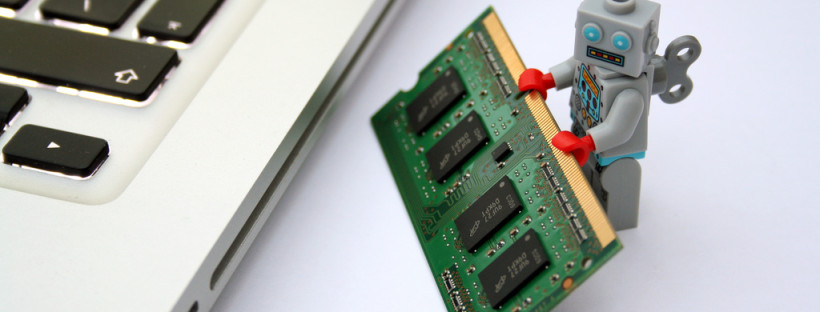 Normally, when I read a book, I know what I’m getting myself into. I’ve either read the jacket copy or gotten a recommendation, so, by the time I crack it open, I’m in the right mood. I was not prepared to read We, Robots: Staying Human in the Age of Big Data, because I thought I was going to read an entirely different book.
Normally, when I read a book, I know what I’m getting myself into. I’ve either read the jacket copy or gotten a recommendation, so, by the time I crack it open, I’m in the right mood. I was not prepared to read We, Robots: Staying Human in the Age of Big Data, because I thought I was going to read an entirely different book.
After reading The Reputation Economy, you think you know what to expect in a book about Big Data. But Curtis White‘s book heads in a different direction. He takes issue with those who believe that the gradual shift into a computer-automated world is 1) inevitable and 2) good for everyone. And he’s completely correct.
We, Robots begins with an examination of the current City of the Future. In this world, labor and menial jobs — such as production and food service — have been given over to robots. This is obviously good for capitalists, who ostensibly will not have to negotiate with robo-unions or OSHA regulations. Most economists and others, when discussing this vision of the future, present it as a utopia, in which Man is unshackled from the menial labor and free to pursue more meaningful — intellectual, creative — work.
Of course, what these speakers leave out, and what White argues, is that the destruction of jobs by the implementation of automatons has seldom, if ever, helped humans in the moment. Sure, factory employees no longer have to worry about losing their own arms when their jobs are taken by robotic limbs, but they now have to worry about finding a new job.
In the age of robots, White says, job security will mean marketing oneself as subservient to the 1 percent. It is the gurus, nutritionists, therapists, trainers, stylists, and hairdressers who will “make it” in the new economy. We’re in for a new, ever-more-extreme form of serfdom.
That is, unless we fight the robotization of the U.S. We, Robots presents this as an option, if only because White disagrees with those who consider it an inevitability. While the inclination to agree that robots are the future comes from decades of inevitable progress — to the extent that not “believing in” robotics is tantamount to being a machine-smashing Luddite of the truest form — White’s assertion is that this world is not human at all, at least not in the emotional sense. There is no compassion in building a world that forces the lower classes into servitude. That’s a society for robots, by robots, and that’s not what we need.
My rating: 4 of 5 stars
I received this book from Melville House in exchange for this review.
Read all my reviews and follow me on Goodreads!
Image: Chris Isherwood/flickr
